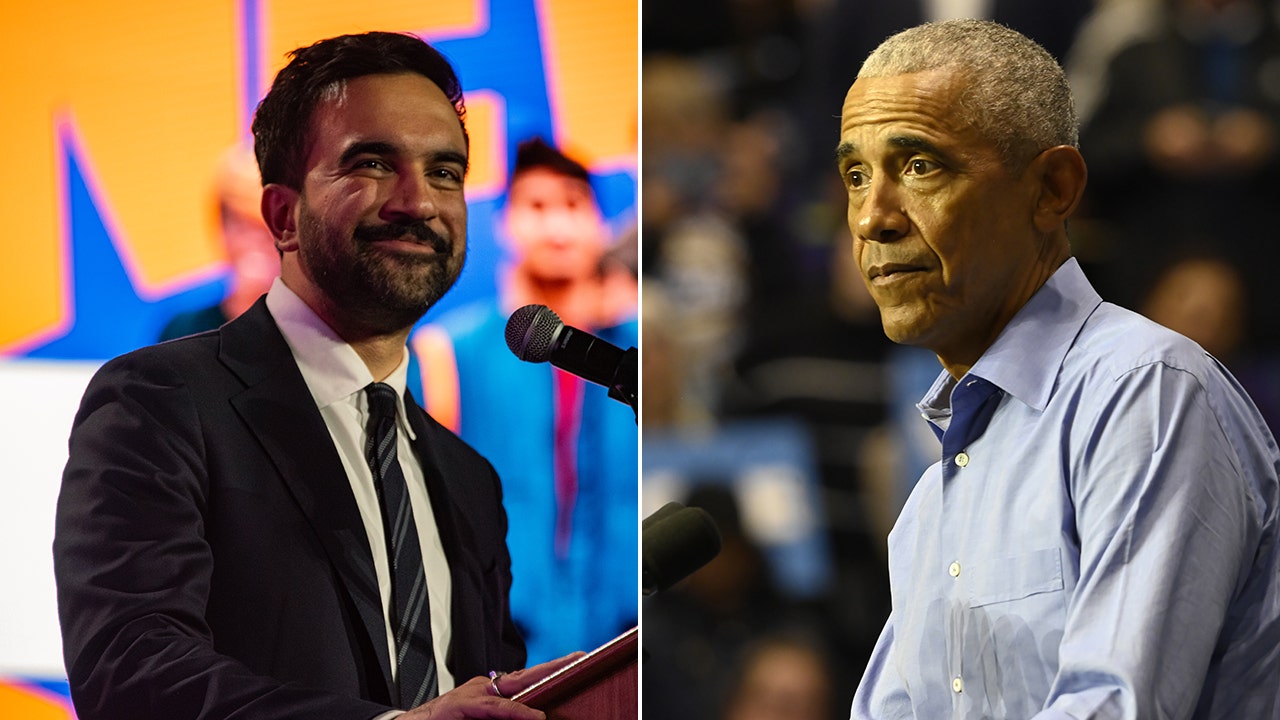
Political Support and Strategic Moves in the NYC Mayoral Race
As the New York City mayoral election approaches, political figures are making their final pushes to influence the outcome. One of the most notable developments came from former President Barack Obama, who reached out to Zohran Mamdani, the current frontrunner in the race. The call took place just three days before the election, signaling a significant endorsement for Mamdani.
Obama, known for his ability to connect with voters across party lines, offered to serve as a "sounding board" for Mamdani during their conversation. This gesture highlights the level of confidence that Obama has in Mamdani’s campaign. According to Mamdani's spokesperson, Dora Pekec, the former president emphasized the importance of bringing a "new kind of politics" to the city.
Mamdani, a Democratic socialist, has maintained a strong lead in recent polls. His campaign has been characterized by a focus on progressive policies, including affordable housing, public safety, and healthcare reform. While he continues to be a top contender, he faces stiff competition from other candidates.
Key Opponents and Campaign Strategies
Among Mamdani’s main opponents is former New York Governor Andrew Cuomo, who is running as an Independent. Cuomo had previously lost to Mamdani in the Democratic primary last summer, but he has since positioned himself as a more moderate alternative. His campaign has seen a resurgence in recent weeks, with endorsements from various groups and a rise in poll numbers.
Another major candidate is Curtis Sliwa, the Republican challenger. Sliwa, a well-known radio host, has built a platform focused on law and order, appealing to voters concerned about rising crime rates in the city. However, his campaign has remained relatively low-key compared to the others.
Despite the competition, Mamdani's team has been working to solidify support among progressive voters. The former president’s call is seen as a strategic move to bolster his campaign and attract more attention from national media outlets.
Obama’s Role and Political Considerations
While Obama’s call was a significant moment, it is important to note that he has not officially endorsed Mamdani. This decision aligns with his previous promise to stay out of municipal races. However, the private conversation between the two men suggests that Obama sees potential in Mamdani’s leadership style and vision for the city.
The call also comes at a time when some establishment Democrats have been hesitant to fully support Mamdani. For example, New York Senator Chuck Schumer has maintained a distance from the progressive candidate, reflecting broader tensions within the Democratic Party over the direction of its policies.
Meanwhile, Obama has been actively campaigning in other states. On the same day as his call to Mamdani, he was supporting Abigail Spanberger in Virginia and Mikie Sherrill in New Jersey. Both women are running for governor in their respective states, and their campaigns have been closely watched by national political observers.
The Impact of National Figures on Local Elections
The involvement of high-profile national figures like Obama in local elections often raises questions about the balance between support and interference. In this case, Obama’s call appears to be more of a personal endorsement rather than an official campaign effort. It reflects the complex dynamics of modern politics, where national leaders can still play a role in shaping local outcomes.
As the election draws closer, all eyes will be on how these key players navigate the final stretch. With so much at stake, the decisions made in the coming days could have lasting implications for the future of New York City.

Post a Comment